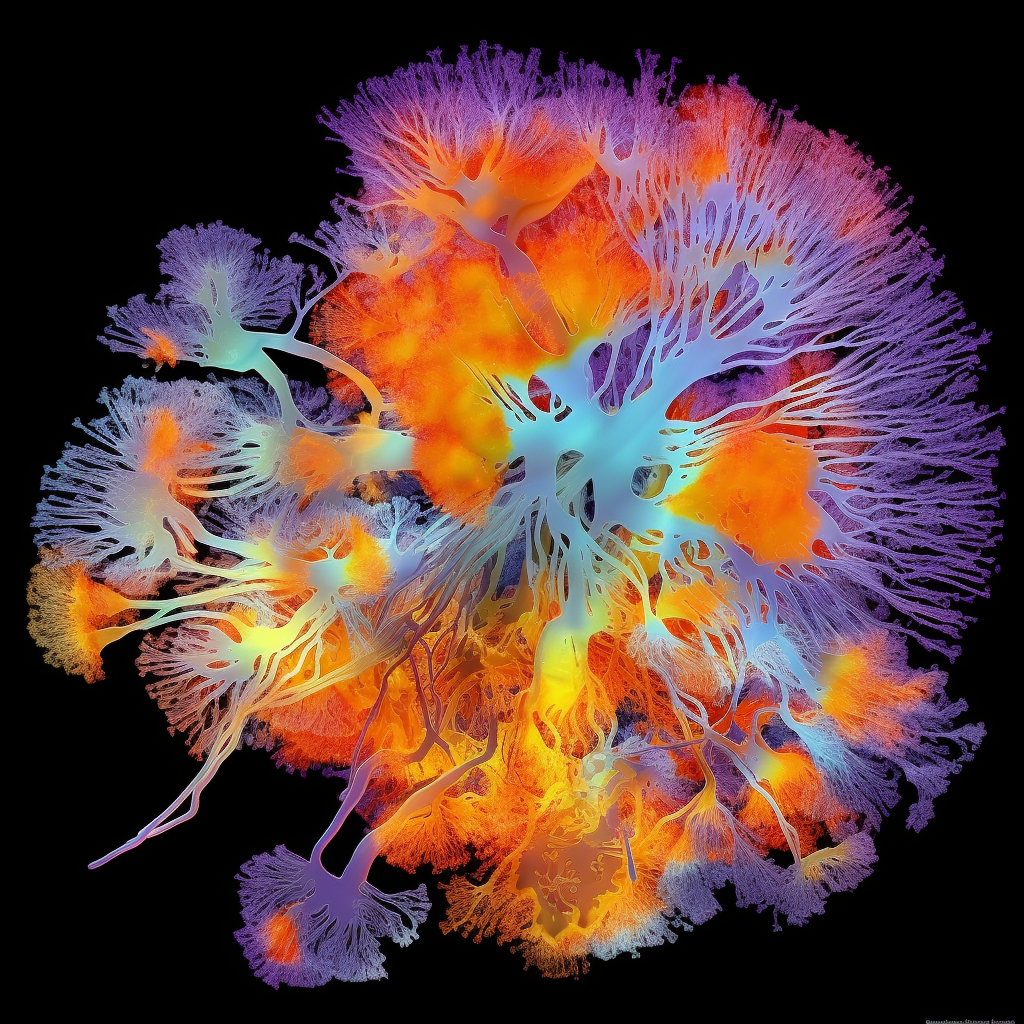Unravelling the Complex Relationship: Dreams and Altered Temporal Cognition
Dreams and Time Perception: Unraveling the Complex Relationship and Altered Temporal Cognition
Dreams transport us to a realm where time behaves in curious and enigmatic ways. The relationship between dreams and time perception has long intrigued scientists and psychologists. This article delves into the complex nature of this relationship, exploring theories and research on how the brain processes time during dreaming. We will examine the phenomena of time distortion, acceleration, and compression in dreams, and discuss the potential implications for our understanding of consciousness and temporal cognition.
Time Perception in Dreams: The Illusion of Time
Dreams often present us with a distorted sense of time, where moments stretch, accelerate, or compress in peculiar ways. Researchers have observed that subjective time in dreams does not align with objective time, leading to intriguing questions about how the brain perceives and processes time during these altered states of consciousness. By examining the theories and empirical findings, we can begin to unravel the mysteries of time perception in dreams.
Theories and Mechanisms: Unraveling the Temporal Enigma
Various theories have been proposed to explain the peculiarities of time perception in dreams. Some suggest that time distortions arise from the brain's different modes of processing during sleep, while others attribute it to the absence of external time cues. Additionally, the involvement of different brain regions and neurotransmitters may play a role in shaping temporal experiences during dreaming. By exploring these theories and underlying mechanisms, we aim to shed light on the complexities of time perception in dreams.
Time Distortion and Altered Temporal Cognition
Dreams can feature time distortions where minutes feel like hours or hours pass by in an instant. This altered temporal cognition challenges our conventional understanding of time as a linear and constant phenomenon. By investigating the factors that contribute to time distortion in dreams, we gain insights into the malleability of our perception and the intricate relationship between the dream state and our temporal experiences.
Implications for Consciousness and Temporal Cognition
The study of time perception in dreams offers valuable insights into the nature of consciousness and our understanding of time itself. Dreams provide a unique context where time can be manipulated and experienced in unconventional ways. By exploring the implications of altered time perception in dreams, we deepen our understanding of the subjective nature of time, the plasticity of human cognition, and the interplay between the brain and temporal experiences.
Future Directions and Applications
Understanding the complexities of time perception in dreams can have broader implications beyond theoretical exploration. It can inform fields such as neurology, psychology, and even virtual reality, where time perception plays a crucial role. Additionally, studying temporal cognition in dreams may provide valuable insights into mental health conditions, such as post-traumatic stress disorder (PTSD) and depression, where disruptions in temporal processing are often observed.
Conclusion
The relationship between dreams and time perception remains a captivating enigma. Through empirical research and theoretical explorations, we can begin to unravel the complex interplay between dreams and temporal cognition. By understanding the mechanisms behind time distortion, acceleration, and compression in dreams, we deepen our knowledge of consciousness and gain new perspectives on the nature of time itself.





